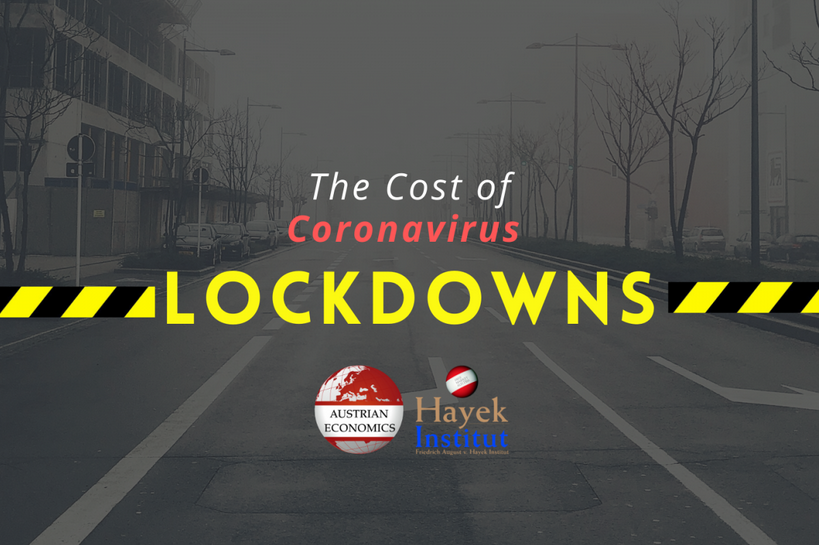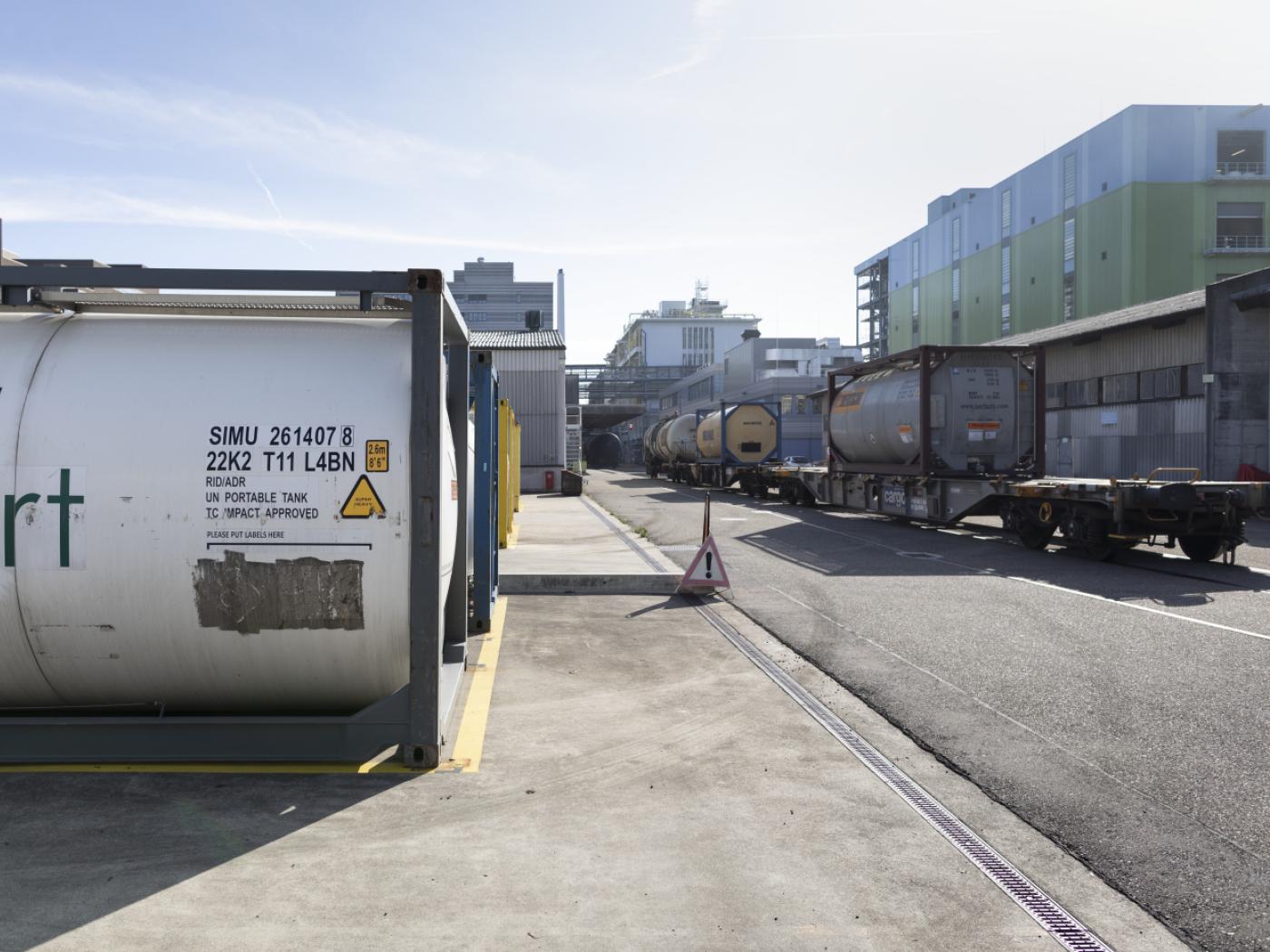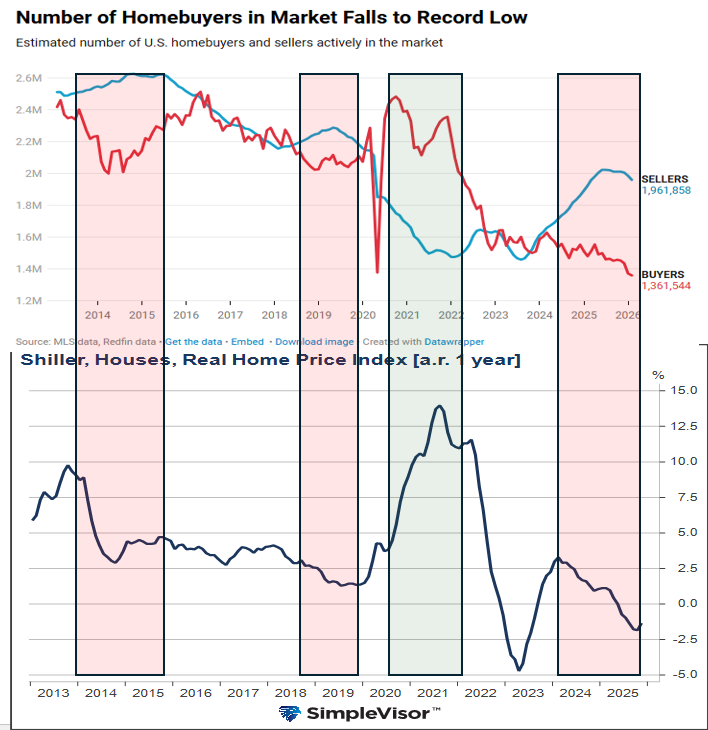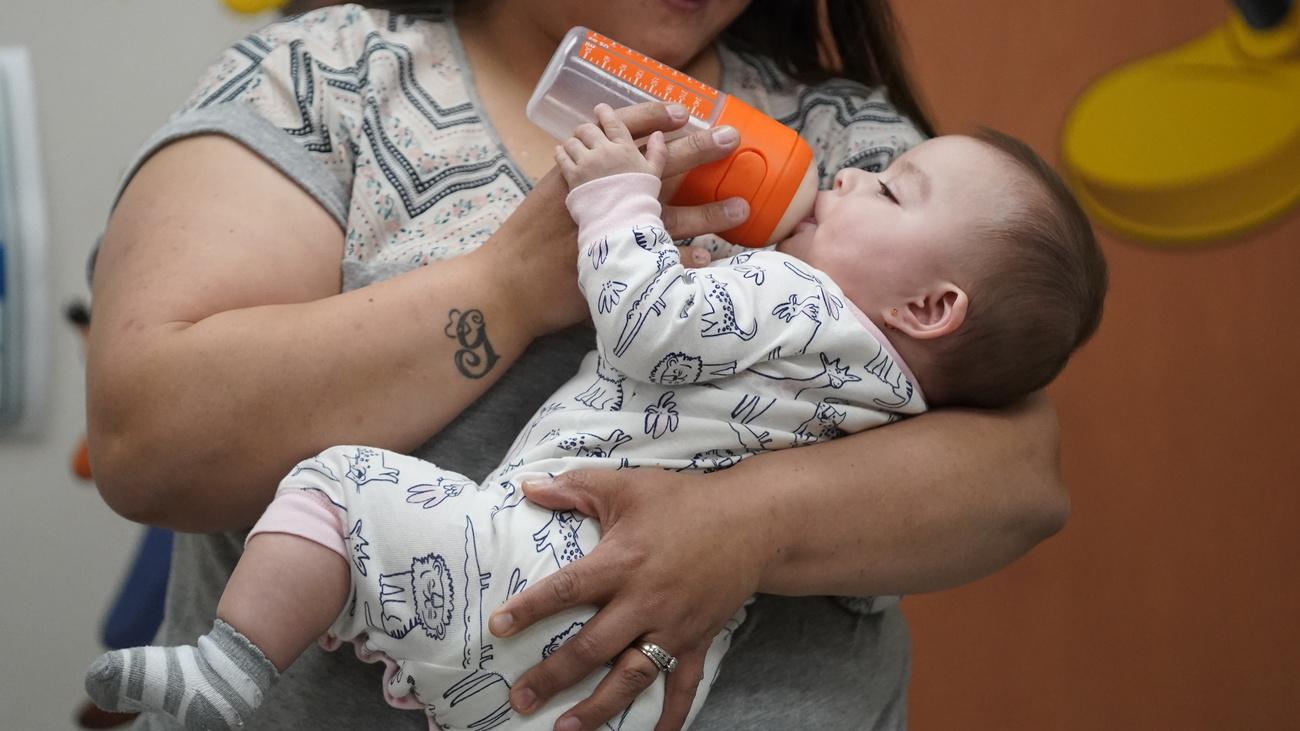Throughout the next weeks, we will regularly feature statistics showing some of the costs of the prevailing lockdown politics. This article is an introduction to this new series.
All over Europe, life has come to a halt again. As a second wave of Coronavirus infections has arrived, social and economic life has largely once more, as was already the case in spring when COVID-19 first spread across the world. Spain, France, Belgium, the Czech Republic, Italy, Great Britain, Germany, Austria – the list of countries that have introduced massive restrictions on all our lives in recent weeks includes almost all countries in the West.
When lockdowns were first considered back in March, the drastic measures to counter the pandemic were supposedly only introduced for two or three weeks. After all, these policies were only introduced to prevent an overburdening of the health care system. Once infection rates under the motto of flattening the curve were contained, it would be possible to return to normal life and in the meantime build new capacities in hospitals over the summer to cope with a potential second wave of infections in the fall. Whether lockdowns are the right way at all was not questioned in March and April. The only goal that was panickingly pursued and for which everything else was given up for was to prevent a catastrophe, regardless of whether the method was effective. The motto of Corona politics was “not to become a second Italy” – even if the circumstances in other countries were quite different.
Going into fall, politicians promised that there would, of course, not be a second lockdown. But as infection numbers climbed again, the same discussions repeated themselves. The capacities that politicians had promised to build up over the summer were still not in place because governments had seemingly accidentally failed to better equip hospitals.
There was again “no alternative:” once more, lockdowns would have to be introduced. Rest assured, however, public officials said, the lockdowns would only be introduced to save Christmas for all of us – by the time Santa would visit us everything would be under control again. But after only a few more weeks of lockdowns, this prediction was also withdrawn: until March or April – or maybe even longer, should the vaccines not be as quickly available or as effective as expected – one could expect that many of the regulations would remain in place, many politicians argue today.
People’s health is a high good and it is just as well and right that our society has demonstrated its awareness of this in recent months. The Coronavirus presented us with new challenges that we never wished for, but which we were confronted with out of nowhere. As hospitals filled up and especially those in our societies who are most in need – the elderly, residents of nursing homes and the chronically ill – succumbed to the unknown virus, it seemed sensible to introduce measures to stop the pandemic as far as possible.
But since the beginning of the crisis, Corona politics, led by a dictatorship of epidemiology, has become a shocking demonstration of government failure and will ultimately have a lasting negative impact on all our lives. On the basis of dubious infection models that from the outset predicted catastrophes that have never materialized to this day, we have handed over ever more powers to states that by all definitions act totalitarian (even if only temporarily) as never seen before in peacetime – or watched as politicians in many countries simply seized power without consulting parliaments, state assemblies or other democratic representative bodies, regardless of any constitutional concerns about the new powers for rulers of this world.
The consequences will be dramatic and from today’s point of view often unimaginable, even if the first signs are already visible. By listening to expert opinions from only one field in recent months, we have left everything else out in the cold.
The economic consequences are already being felt. Despite few businesses going bankrupt at the moment thanks to massive state aid, the problems will nevertheless compound once the aid ends. Unemployment and the number of short-time work “employees” are at record highs and it can already be said that the economic slump will easily overshadow previous crises such as the financial crisis of 2007. After decades of progress and increasing prosperity, hunger and poverty are once again spreading worldwide. The wealth base that we and our ancestors have built up since World War II continues to dwindle with each passing day.
Problems in government budgets and the financial system will continue to reverberate for decades to come. Public debt has skyrocketed and there seems to be no signs of this changing anytime soon. More and more money is being injected into an economy which is on pause – all after a decade of ultra-loose monetary policy has already devalued the savings of the middle class. The EU has unintentionally announced already who is supposed to pay back all the money that governments are throwing out today in their endless spending sprees and stimulus packages: the Next Generation(s), as Brussels has called its own stimulus fund.
But if it were only the economic consequences! Instead, the health consequences will also be far-reaching. It is already apparent how the lockdowns are leading to large increases in depressive illnesses, suicides, loneliness and psychological problems. Fear of infection reduces the number of doctor visits, so fewer illnesses are diagnosed – suddenly it seems, for example, that far fewer people have cancer, but the promising statistics today will come to haunt us in a few years.
Perhaps most worrying, however, is the erosion of our democratic institutions, our freedoms and our social lives. Politicians in Brussels, Berlin or Paris like to talk about the importance of the rule of law, about the liberal-democratic institutions that should be defended. They are right about that: a free society can only function with a functioning rule of law and the right of citizens to have a say in political decision-making. But the Corona crisis has undermined all this and a centralized health apparatus has been set up in which politicians can do whatever they want.
Who would have thought just a few months ago that the government could ever tell us when to leave our house or whether we had an “essential” reason for doing so; whether we could meet our friends and families; whether we could travel across the border into another country; whether children – almost unaffected by the virus – would “be allowed” to go to school; whether we could go to the movies, do sports, go out to eat, opening our own stores, or, at the moment particularly topical, go skiing alone?
The rule of law, democracy, freedom and constitutions that guarantee those very principles: all these things exist because, once fought for, they always have to be considered inviolable and sacrosanct. Because they are our birthrights. Because they cannot be taken away from us, no matter who we are, no matter what sex, what skin color, what religious convictions we have – and also no matter what is going on in the world. These are our essential rights, which must always apply no matter what politicians say – and which a government based on the rule of law must ensure, especially in crises and emergencies. Or that was at least how the great thinkers, freedom fighters, the giants in world history and on whose shoulders we are standing today, envisioned it.
This is not to say that we should not care about the Coronavirus. As responsible citizens – not as obedient serfs of a paternalistic state – we should watch out for our fellow human beings, we should avoid situations where there is great risk to the health of all of us, and we should be careful not to put our fellow human beings in unnecessary danger. But we must not regard our fellow men as a danger, as walking infectious Corona bacilli. We should regard them as people with dignity and inalienable freedoms and rights, with a face and a personality under the face mask.
But especially we should recognize that even though the Coronavirus may be a challenge for us, we must always keep a holistic view of world events. Just as there are epidemiological factors to consider in this crisis, there are economic, social, cultural, political and other health factors that play a role in the way we look at ourselves and our society.
It is precisely these other factors that are so often forgotten in the current apocalyptic media reporting, in the constant, manic following of the current infection numbers, that we want to take a look at in the coming weeks, in order to gain different perspectives on the crisis and to show that the mantra of “do everything to stop the virus, regardless the costs” is not only deeply irrational but also destructive.
Containing this pandemic is a major task for our generation, and one that we must tackle. It would be terrible, however, if we defeated the virus, but that on the way we have burned down the world – and created a new virus, the totalitarianism of the omnipotent state. That is exactly what is happening right now in this world which is slowly becoming a collective prison.
No related photos.
Tags: Blog,coronavirus,Economics,Featured,Lockdowns,newsletter





























